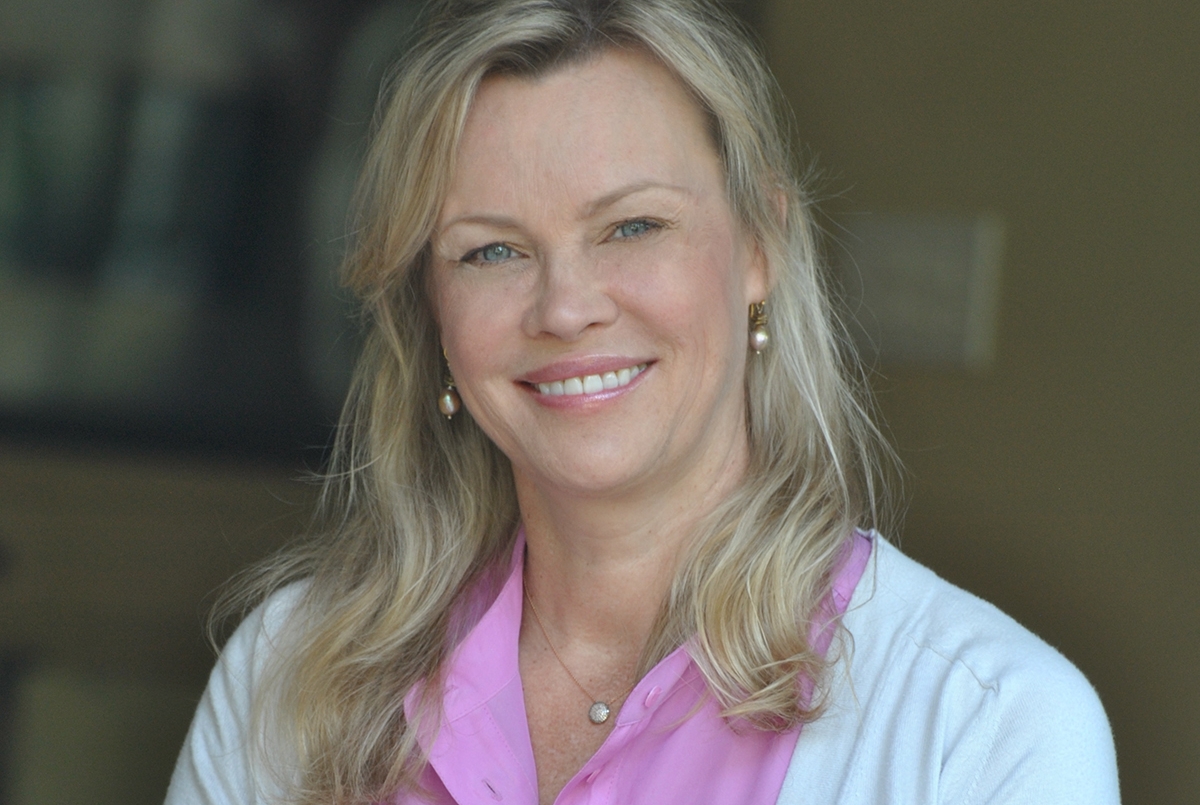Financial abuse of older adults is a common and serious problem in New York State, according to new research led by Weill Cornell Medical College.
The study found that close to 5 percent of older adults said they were victims of financial abuse since turning 60. This means that 1 in 20 adults will be affected by financial abuse after they turn 60, said Dr. Janey Peterson, the study's lead author. The most common form of abuse was stolen money or property, occurring in more than 78 percent of respondents. More than half the time, a family member committed the act — most often an adult child. The results were published July 30 in the Journal of General Internal Medicine.
Researchers asked more than 4,000 community-dwelling adults — that is, those who lived at home or with family members and not an assisted living or nursing home — if, since turning 60, someone with whom they lived or spent time had stolen their money or credit cards, forced them to sign over legal rights to personal property, or failed to pay for household expenses, among other forms of abuse. Weill Cornell conducted the study in partnership with Lifespan of Greater Rochester Inc., Fordham University, the Cornell Survey Research Institute, Cornell University, and the New York City Department for the Aging.
"Elder financial abuse has devastating social and economic consequences. Many of these victims are stripped of their assets and left with little to live on, often turning to federal and state benefits to cover daily expenses. The problem impacts all of society — from the victims themselves, to healthcare providers, to businesses and financial institutions," said Dr. Peterson, an assistant professor of clinical epidemiology in medicine in the Division of Clinical Epidemiology and Evaluative Sciences Research at Weill Cornell.
"Unfortunately, the study suggests the biggest perpetrators of financial abuse are usually family members who repeatedly victimize the elder."
In 2010, financial exploitation cost older adults in the United States a total of $2.9 billion. The problem is expected to increase over the next decade as the elderly population continues to grow.
Older adults are attractive targets because they tend to have more assets and readily available cash. They may not realize the value of their assets — particularly homes that have appreciated over time — or may entrust their finances to a family member or caregiver who steals or misuses the assets. Some seniors may be reluctant to report abuse because they don't want to get a family member in legal trouble. The study was funded by the New York State William B. Hoyt Memorial Children and Family Trust.
The study showed African Americans and the poor are more likely to be victims of elder financial abuse. Older adults who were unable to accomplish one or more common, everyday tasks (for example, taking medications or performing household chores), as well as those with more "non-spousal" living partners such as friends, neighbors, adult children, siblings, and other relatives, also were at greater risk, according to Dr. Peterson and her co-author, Dr. Mark Lachs co-chair of the Division of Geriatrics and Gerontology and the Irene F. and I. Roy Psaty Distinguished Professor of Clinical Medicine at Weill Cornell.
"Financial exploitation is clearly emerging as the most common form of elder abuse," says Dr. Lachs, who is also the medical director of the New York City Elder Abuse Center, which works with city government and nonprofit agencies to manage elder abuse cases. Weill Cornell Medical College and NewYork-Presbyterian Hospital launched the Center in 2009.

